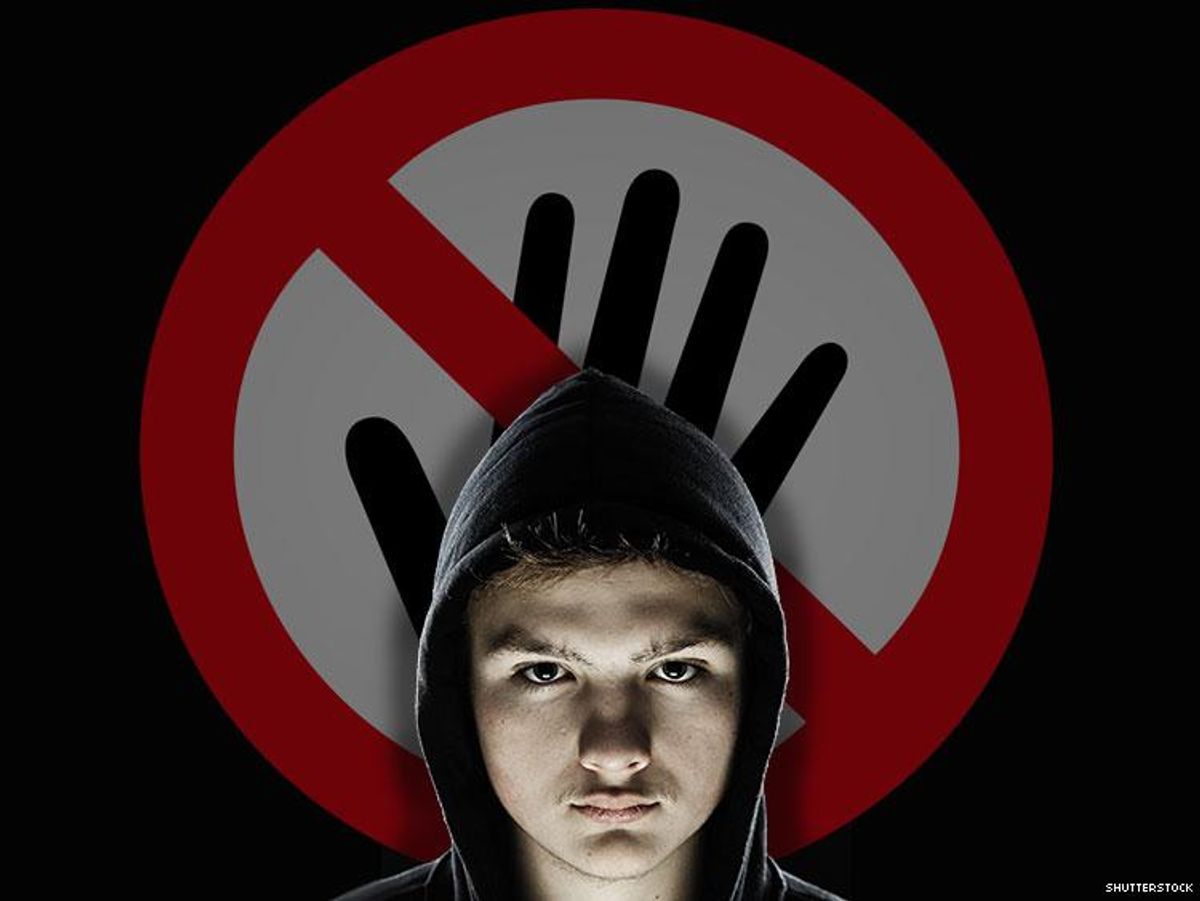Last month Tennessee Gov. Bill Haslam signed House Bill 1840 into law, making it legal for mental health counselors and therapists with "sincerely held principles" to deny lesbian, gay, bisexual, transgender, and queer people treatment. The ability of a mental health professional to provide care should be based on the nature of the disorder or problem, and not on the gender identity or sexual orientation of the client.
Parents, educators, and mental health providers must publicly condemn this law and urge Tennessee legislators to propose a repeal in order to alleviate the mental and physical suffering of LGBTQ people in Tennessee and save lives -- as the first visit to a therapist could literally mean the difference between life and death for some LGBTQ youth.
Denying access to therapy and counseling based on beliefs about a person's sexual orientation or gender identity is likely to increase the frequency and severity of exclusion, discrimination, bullying, abuse, as well as mental disorders and suicide among LGBTQ youth.
While an LGBTQ person might not choose to seek help from a provider who fundamentally undermines their identity, not all people are able to determine this prior to that first appointment. Not all LGBTQ people have the ability to select or can access -- financially or geographically -- a therapist of their choice.
The National Alliance for Mental Illness estimates that LGBTQ people are about three times more likely to suffer from conditions such as major depressive disorders and generalized anxiety disorders than the general population. Suicide is a leading cause of death among people aged 10-19 in the United States. Suicide rates for LGBTQ adolescents are two times higher than among their heterosexual peers, making access to professional mental health services critical.
Elevated rates of suicide and mental disorders among LGBTQ persons are directly linked to stigma, lack of support, discrimination, and policies that deny basic rights. This law legalizes discrimination and will certainly cause excess suffering from mental disorders as well as suicides among the Tennessee LGBTQ population, especially the youth.
Support and inclusion at home, in school, and in the community are important for the well-being of all youth. However, a significant proportion of Tennessee LGBTQ youth are not getting support from systems that should ensure their well-being. To the contrary, evidence from a comprehensive nationwide survey shows that the experiences of Tennessee LGBTQ youth are among the worst in the country.
LGBTQ youth in Tennessee are bullied and abused because of their sexual identity: More than half reported being excluded; six in 10 verbally abused; and two in 10 reported being physically abused, regularly. It is not OK for mental health professionals to turn away victims of abuse on the grounds of sincerely held beliefs -- as this law allows.
Additionally, it flies in the face of Healthy People 2020 -- a national health promotion and disease prevention effort designed to improve the health of all Americans. An outlined goal of this U.S. Centers for Disease Control and Prevention initiative is to improve the health, safety and well-being of LGBTQ individuals and to eliminate health disparities faced by this population.
But if the health, suffering and death of LGBTQ youth is not a matter of concern, then the law should be repealed for its long-term negative effects on the Tennessee economy. The National Alliance on Mental Illness estimates that untreated mental disorders cost the U.S. approximately $100 billion each year in preventable emergency room visits, substance use, disability, unemployment, homelessness, and unnecessary and wrongful incarceration. Access to treatment, especially counseling and psychosocial support services, is cost-effective and will save the state billions of dollars.
Given that the rates of bullying of LGBTQ youth in Tennessee are among the highest in the country, in addition to repealing this law, state legislators should consider passing anti-bullying legislation that affords protection and support to LGBTQ youth. And therapists in Tennessee should explicitly state on their websites that their practices are inclusive -- and that the mental well-being of their clients is their professional priority.
Of course, if a therapist or counselor withholds treatment (potentially causing death) because of sincerely held beliefs, it calls their credentials, competence, and professional intent into question.
 SIRRY ALANG, Ph.D. is an assistant professor in the Health, Medicine and Society Program in Lehigh University's Department of Sociology and Anthropology. Her research focuses on the social determinants of health and health inequities.
SIRRY ALANG, Ph.D. is an assistant professor in the Health, Medicine and Society Program in Lehigh University's Department of Sociology and Anthropology. Her research focuses on the social determinants of health and health inequities.


 SIRRY ALANG, Ph.D. is an assistant professor in the Health, Medicine and Society Program in Lehigh University's Department of Sociology and Anthropology. Her research focuses on the social determinants of health and health inequities.
SIRRY ALANG, Ph.D. is an assistant professor in the Health, Medicine and Society Program in Lehigh University's Department of Sociology and Anthropology. Her research focuses on the social determinants of health and health inequities.














































































Viral post saying Republicans 'have two daddies now' has MAGA hot and bothered